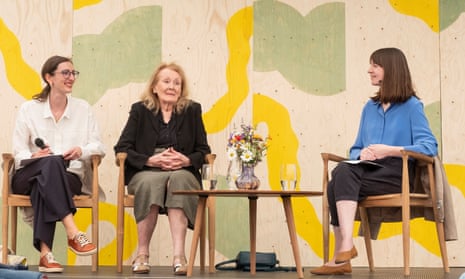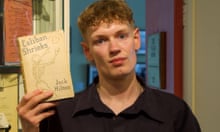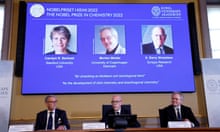Annie Ernaux, the French winner of the 2022 Nobel prize in literature, has said she never wanted the award and that it fell into her life “like a bomb”, hindering her ability to focus on writing.
In conversation with the novelist Sally Rooney on the final day of Charleston festival, Ernaux was talking via an interpreter as she explained her tricky relationship with the prize.
She said: “So I’m going to be brutal and say that I obtained a prize I never wanted. The Nobel prize fell upon me. It fell into my life like a bomb. It was an enormous disruption; since winning it, I cannot write and the act of the writing was always my future.
“And so, to not be able to look forward to writing, is actually really painful to me. Yes, it’s a great recognition, a recognition of my work – I’ve been writing for 40 years.
“What touches me is not the prize itself, but my conversations with people – when they say to me that they see themselves when they read my work. It’s the feeling that the prize does not just belong to me, but to all of us; that matters to me.”
Ernaux, the 82-year-old author of about 20 books that blur the line between fiction and memoir, told Rooney that when she started writing, aged 20, she lacked confidence. “When I was a young writer like you, I didn’t think I was a good writer … … I was full of doubts and questions.”
Rooney asked if writing was an act of love for other people and Ernaux replied that “an act of writing is inherently ambiguous”. She added that “you can use writing to castrate and kill” but that it is also “a substitute for salvation … literature always has the potential for morality”.
Rooney, who said she was fascinated by the process of writing, asked how Ernaux worked. Ernaux said that while she would “rather die than not finish something”, she also often works on several manuscripts at once and then one shouts louder than the others.
after newsletter promotion
“In 1999, I was working on The Years, A Girl’s Story and Happening. I was listening to the radio and a requiem that I love came on. It reminded me of my abortion [as detailed in Happening]. I wrote Happening in six to eight months and couldn’t write anything else.”
Rooney said she was in awe of Ernaux. Ernaux said of Rooney: “I’d like to thank Sally Rooney because I learned so much from reading her books. They allowed me to understand a generation more and more distant from me.”










